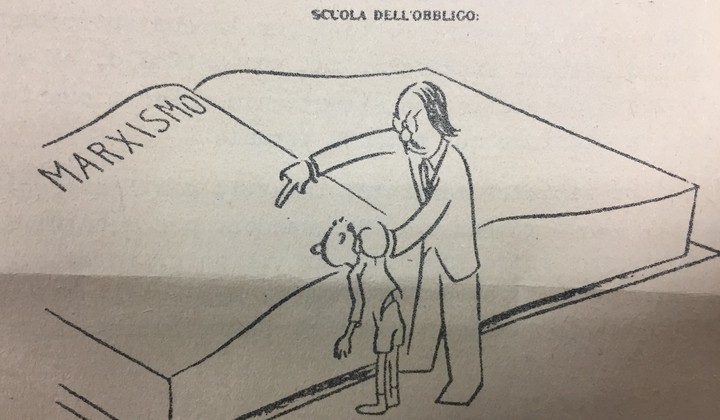Seeds of authoritarian opposition: Far-right education politics in post-war Europe

Abstract
Since the 1980s, right-wing extremism, radicalism, and populism have emerged as transformative forces in European politics. This unexpected resurgence has triggered an interdisciplinary scholarly effort to refine our understanding of the far right. Educationalists, however, have largely been absent from this endeavour, leaving us unable to theorise and address the potential effects of the far right’s political and cultural growth on European education. This article aims to provide an empirically based conceptional groundwork for educational research on the far right. Drawing on archival research and content analysis of programmatic material produced by diverse and influential far-right organisations in France, (West) Germany, and Italy, I show that the post-war European far right disposes of the two essential features of a social movement: an action-oriented frame that reduces educational reforms to a common contentious theme, and a dense organisational network. The latter engages in institutional and contentious politics, as well as education. Theoretically, these findings suggest that, in the realm of education, the far right ought to be conceptualised as a social movement that seeks to influence education policy, and represents itself an educational actor. Addressing the far right’s multifaceted educational engagement thus requires a combined effort across European education research.